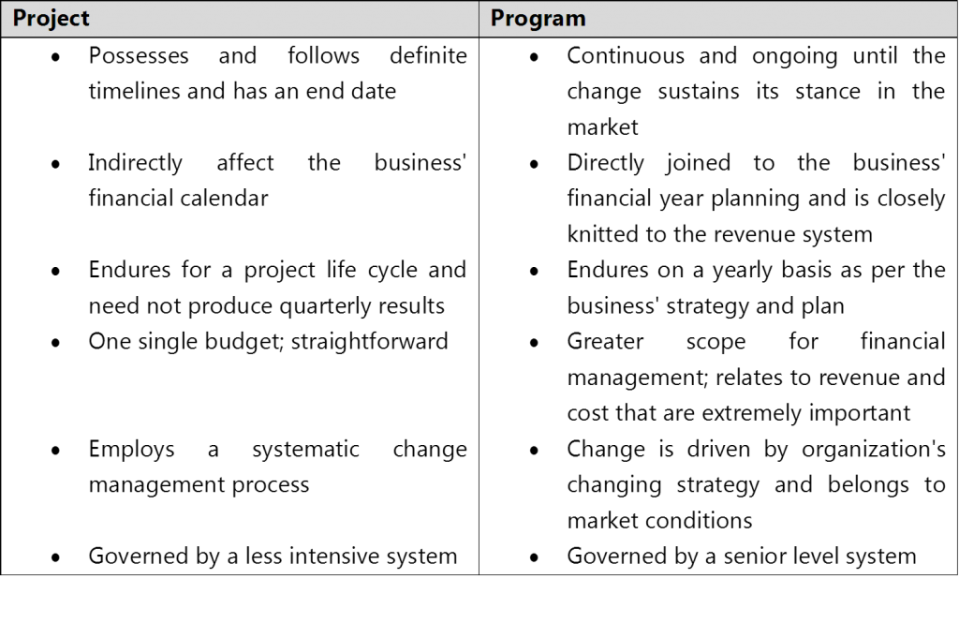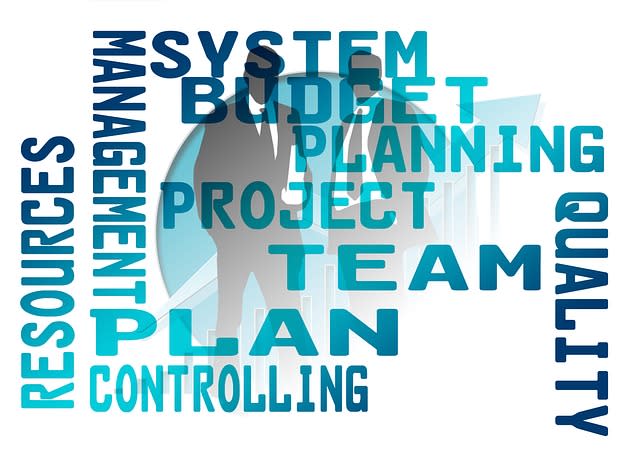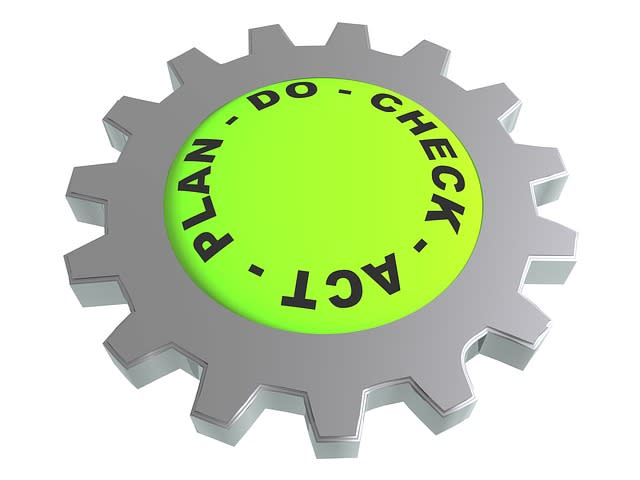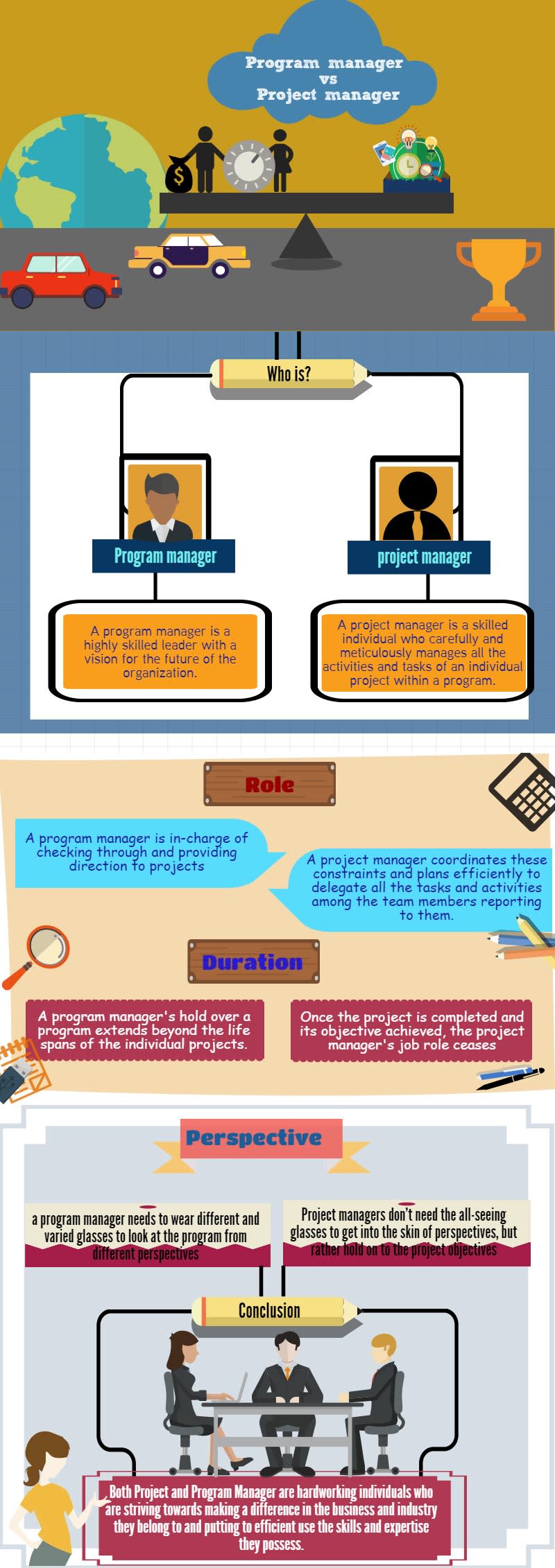What is the difference between a Program Manager versus a Project Manager?
Confused between these project management roles?
The program manager and the project manager. These are two highly prolific roles fulfilling the void between projects and people, and are managerial posts gaining momentum across the business world.
But the problem is many organizations claim to have project and program managers, but often they use the terms interchangeably and sometimes this causes quite a stir. Knowing the difference is vital as a designation is equally important as the job itself.
This article describes how the Program Manager differs from the Project Manager and will also help readers understand what makes them uniquely and distinctively different.
Welcome to the world of program and project management.
Segregation of tasks and activities, along with chunking duties, provides relief for employees and better monitoring opportunities for managers.
But this requires creating teams to manage and coordinate each segregation. Inevitably, programs and projects will arise among these teams.
To comprehend Program Manager vs Project Manager, it’s important that you understand the stark difference between a program and project.
What’s a Project?
Project, in terms of this article, can be very well described as a temporary undertaking by a team or teams in order to achieve a certain amount of change within the department or organization.
Projects come with constraints such as cost, scope, timelines, and resources and undergo a project life cycle, which comprises of phases, such as:
Defining
Planning and designing
Developing and executing
Monitoring, evaluating, and closing
Projects can be concentrated on either process, people or procedure and can be used to resolve a problem or issue that has cropped up and caused some sort of a hindrance to the proper function of the workflow.
Also Read: Shhhh! Here are some secrets to help your social media campaign stand out
Every organization and undertaking needs order and systematic approaches that yield the desired results for the objective.
Project stakeholders are members interested in this result and are responsible for the decisions made within the constraints posed by the project. Project team members are the hands of the project and are the crew working directly on the project, striving to help the project meet its main objective.

Projects must not be mistaken as miniscule changes implemented within the company workflow and need to be approached as an undertaking that contributes to a dramatic change within the organization.
A project manager handles a project.
What is a Program?
Interestingly enough, a program is normally the term used to mention a collection of projects, aimed at achieving the overall goal of the company and business objectives, and those that are dependent on each other for success.
Programs are large undertakings and cannot be under the supervision of a central figure. For the purpose of managing the program well, delegating individual projects stemming from a single program is recommended. This eventually cumulates to a program having many underlying projects. A program manager deals with the nuances of a program.
The few phases that take place in a program are as follows:
Outlining objectives
Planning execution
Managing operations
Reporting
All of the phases and stages are conducted in a bid to beautifully coordinate the many projects that are in line to achieve the goal set by the program, which is in the intention of bringing about dramatic changes in the business performance altogether.

Let’s have a look at this table to get a little more definite differences between the two management systems:

Now, let’s get to know the roles that manage these systems to successfully apply changes to an organization.
Who is a Project Manager?
A project manager carefully manages the triple constraints involved in the process of project management: cost, scope, and timelines.
A project manager coordinates these constraints and plans efficiently to delegate the tasks and activities among the team members reporting to them.
While a project manager reports to a program manager, who is in-charge of checking through and providing direction to projects, project managers are also responsible for managing the progress of the project to its completion.
A good project manager should update the program manager off all changes and deviation that take place from the initial project plan; which is inevitable.

The project manager stays on duty for the entirety of its life span. Once the project is completed and its objective achieved, the project manager’s role ceases and the employee can latch on to the next project, review the processes in the workflow and learn from mistakes made during the project.
Who is a Program Manager?
Program managers individuals who ensure that the vision for the overall program is met and is the official supervisor and mentor to the individual projects that are undertaken to benefit the program.
A program manager is responsible for the job of understanding the change the program needs for the business to imrpove its performance.
The program manager must correctly and accurately brief the project managers of the business objective, which can be beneficial to the business in terms of the revenue and returns accrued.

A program manager’s hold over a program extends beyond the lifespan of specific projects and is put in context of the long-term benefits of the startup as a whole.
Managing such programs demand long-term commitment by the program manager. The results of the program are in conjunction with the business’ plan of quarterly results and a program manager is responsible for maintaining the synergy.
In terms of monitoring and maintenance, a program manager will ensure the governance board provides realistic goals for the change company and is responsible for making sure employees achieve the mandates.
Program Manager vs Project Manager Infographic

It’s often said a program manager holds a larger set of skills and power while at the seat.
Wearing a bigger hat on the scene, a program manager is said to utilize these powers bestowed to make a legitimate difference to the company.
More than just the bigger hat, a program manager needs to put on various glasses to look at the program from different perspectives.
Different lenses reveal the proper segregation of projects to achieve the business objective, set for that particular program.
Project managers do not need the all-seeing glasses to get into the skin of perspectives, but rather hold on to the project objectives and manage the process and workflow that culminate into the success of the project.
Also Read: At the age of 8, he built a robot. By the time he turned 17, he was already a prolific inventor
To gain a more in-depth understanding of the Program Manager vs Project Manager, let’s have a quick look into each of these perspectives:
Tactical Approach versus Strategic Approach
With the comparison between program and project managers, it is safe to say that a project manager is more tactical than a program manager. While, a program manager is strategically involved.
The role of a project manager is centred on completing tasks, deliverables, meeting certain expectations and standards of quality. The project manager also strives to meet specifications on time and within a slated budget.
The role of a program manager focuses on the bigger picture that of the implementation and complete fulfilment of the strategy employed to provide bigger gains to the business. Growth, results, and business performance are the central attractions to a program manager.
Engineering versus Architecture
A direct analogy of this point would be to think of project managers as engineers, who are mostly involved in planning and executing/implementing a set plan for the benefit of the project.
Program managers, more like architects, work on designing of the entire undertaking and checking for feasibility and adaptability of a particular design in a business environment. These program managers look at:
Form
Function
Design
The vision is encapsulated in these elements during the proceedings of a program.
These professionals will be responsible for selecting effective solutions, delegating projects that work harmoniously with the aim of the change program, and even check for structural dependencies to facilitate the smooth functioning of each project.
All together, these help the programachieve optimum results in the long run.
Coordination and Management versus Vision and Leadership
The difference between management and leadership is that management gets to the nitty-gritty of process, people and deals. They have their hands dirty with transactional activities while leadership invites and inspires people with goals and visions to complete a particular objective.
In the case of a project manager, there are leadership qualities that are put to use to inspire team members to conduct their piece of work.
This contribution will help them put together a smashing project and create accolades for the team.
But, more than these instances of leadership, while in a project, a project manager often looks more towards the tasks and deliverables slated for the project phase and makes sure the work is done within the time frame allotted and the budget kept aside.
Also Read: This gamified learning platform just got funding to help companies reduce attrition rate
Program managers on the other hand, though they check for the operations conducted and project managers reporting to them, also put in front of these project managers the vision of the program.
A quality program manager will express how projects can benefit the program and, in turn, how it all impacts the business. Program managers are responsible for motivating and inspiring individuals.
In simpler words, program managers are visionaries to the business and have a distinctive air of leadership.
Having reached the end of this topic, it comes to mind to enlist one similarity between project managers and program managers.
They are both hardworking individuals striving towards making a difference in the business and industry in which they belong. They both also leverage an efficient use of the skills and expertise they possess..
I hope you enjoyed reading this article and I hope your aspirations are drawn towards either being a project or a program manager.
Businesses around the world are in search for such individuals who can bear the responsibility and accountability of improving business performance and in turn making a change in the global economic scene.
—
The original version of this article, Program Manager vs Project Manager, first appeared on Educba.
All photos courtesy of Pixabay.
The post What is the difference between a Program Manager versus a Project Manager? appeared first on e27.



